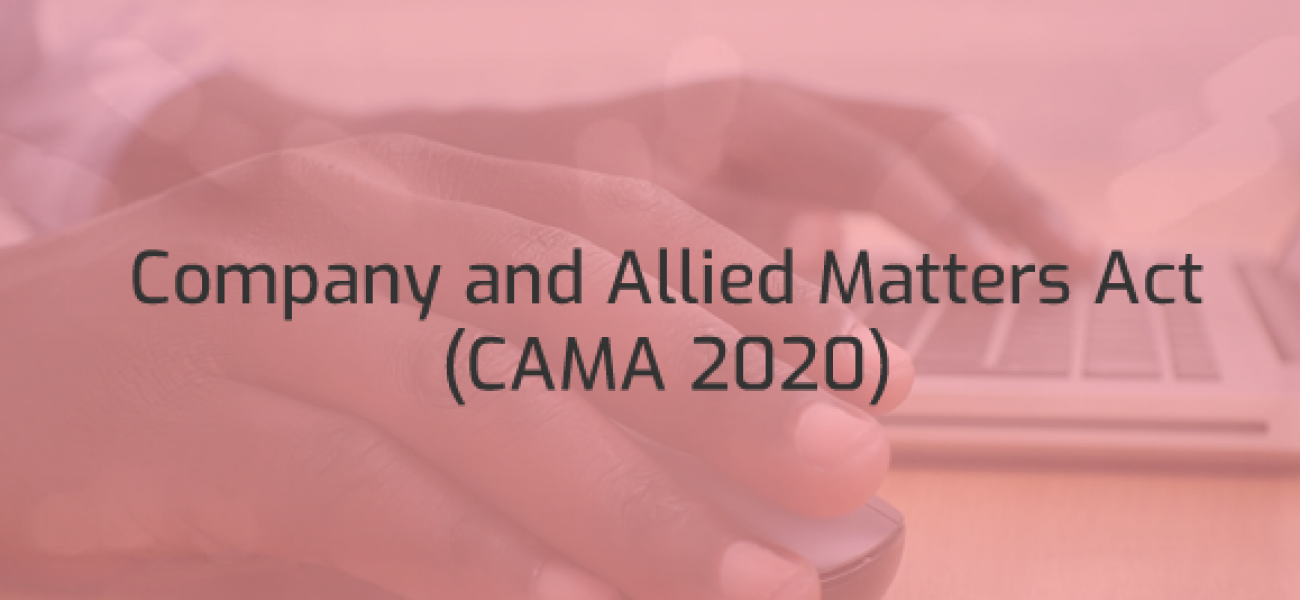Controversy over Nigeria’s new Companies and Allied Matters Act (CAMA) continues to rage, as non-governmental organisations, religious bodies and non-profit organisations continue to react to the wide ranging powers given to the Corporate Affairs Commission (CAC) under part F of the said Act to deregister, suspend and or take actions against the sector. These interests are not criticisng the parts of CAMA that deal with the registration of businesses and companies. The angst is with part F of the law, which was passed as an executive bill in record time by the National Assembly without holding a public hearing.
The experience across jurisdictions is that commissions or bodies set up to regulate non-profits can only be effective if they are independent and free from government interference. The new provisions in Part F of CAMA seem to be copied from the UK Charities Act 2011 without regard to the set-up and operations of the Nigerian CAC vis-à-vis the UK Charities Commission, an independent body solely dedicated to charities, accountable to the Parliament, and whose mode of appointment of its board/leadership is advertised and competitive. The CAC on the other hand is an executive body whose leadership is appointed by the President without legislative approval. It operates under a supervising Minister of Trade who appoints board members representing only for-profit or business interests. There is no non-profit representative on the CAC board. While NGO regulations exist in other common law jurisdictions such as the United Kingdom, Australia, United States and Kenya, and civil law jurisdictions in Europe due to tax reliefs and State benefits, their ultimate objective is to encourage philanthropic activities for the benefit of society, not to produce a chilling effect in the sector. Nigerian NGOs registered under CAMA do not enjoy significant State benefits, when compared to non-profits in other jurisdictions, enough to warrant these stringent regulations. Examples are Federal and State government grants/subsidies (most NGO funding comes from foreign donors) and tax deductible donations for individuals (only companies in Nigeria can get rebate on donations they make to non-profits and this is capped at 10% of their profits for the year). Even in the face of economic recession and the Coronavirus pandemic, the government has not provided the type of support seen in other countries, e.g. the US Coronavirus Aid, Relief and Economic Security Act (CARES Act) 2020 extends State benefits to US non-profits such as increased tax deductions for donors, low interest loans, emergency grants and unemployment benefits.
Part F of the new CAMA will be difficult to implement because attempts to expand government powers or regulations without corresponding incentives and government accountability is usually met with strong public resistance. Successful implementation of regulations depends on the level of public trust in the government, which is very low in Nigeria. The new CAMA reignites the urgent need for expanded conversations among NGOs/non-profits on an alternative effective and satisfactory regulatory model.

